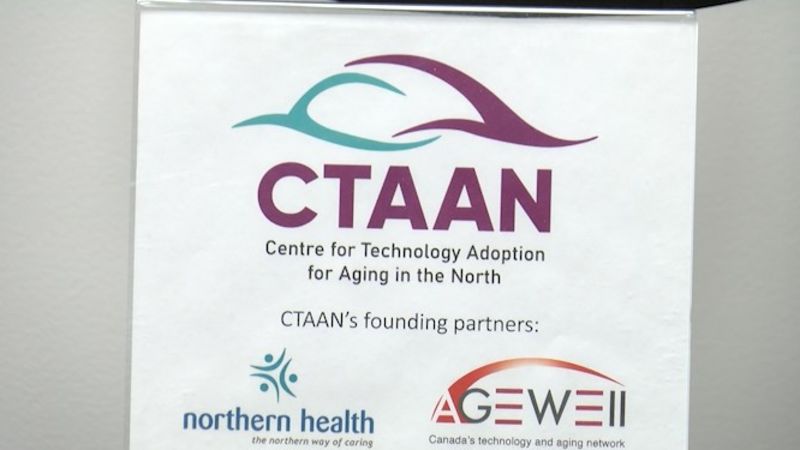
UNBC uses Artificial Intelligence
PRINCE GEORGE – The Centre for Technology Adoption for Aging in the North (CTAAN) at the University of Northern British Columbia is involved in a national research initiative that aims to revolutionize wound care treatment, using artificial intelligence technologies to standardize treatment and improve patient outcomes.
DIGITAL, Canada’s Global Innovation Cluster for digital technologies, announced a co-investment with Swift Medical, a global leader in digital wound care, to deploy three pioneering technology tools poised to transform patient care by offering better wound evaluations, reducing variability in treatment approaches and identifying risks more accurately. Working in collaboration with the National Research Council, CTAAN is one of a group of partners validating the project.
